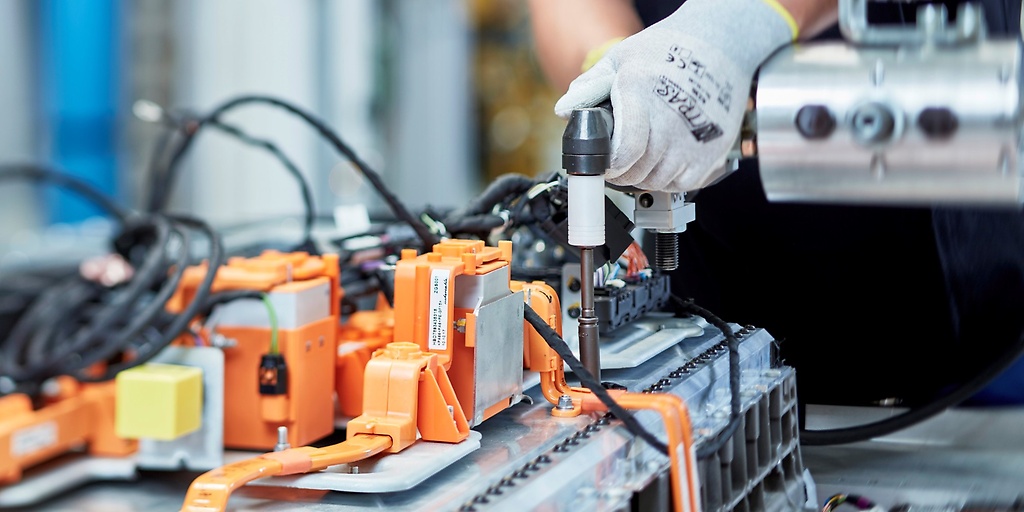Last year, electric cars from brands like Mercedes suffered from a lack of battery supply which slowed their sales. This situation is being resolved both with the increase in production from external suppliers and the fruition of some investments such as the new battery factory that Mercedes itself will start-up in Poland.
This facility, which has been built for almost three years, is built in the Polish town of Jawor, 60 miles from the German border, and will begin work this October. An investment that will include several battery production lines that will increase supply to the German group.
The plant has mobilized an investment of about 670 million euros. An investment that includes installing a gigantic 2 MW photovoltaic system, which combined with a group of backup batteries, will allow the installation to achieve neutrality in CO2 emissions and thus reduce its dependence on a Polish electricity grid where coal it still has a majority presence.
What will not change will be the strategy of buying the cells from third companies. At the moment, Mercedes will only be in charge of producing the pack and the assembly of the cells. These will continue to come from Asian manufacturers, such as LG, but others could be added in a diversification policy that almost all brands have taken.
This is a crucial move to be competitive in the new generation of electric cars. To this will be added the increasing demand for storage systems from industries such as renewable energies. Two industries are moving in the same direction, driven by the drop in battery prices. Prices that for experts will experience a significant drop in the coming months.
And it is that the list of electric Mercedes that will reach the market in the coming months is increasingly extensive. Something that will force them to have more and more batteries to meet the growing demand.
Mercedes EQC
Mercedes EQV
Mercedes e-Vito
Mercedes EQS (2021)
Mercedes EQB (2021)
Mercedes EQA (2021)
Mercedes EQT (coming soon)
Proposals to which we can add its plug-in hybrids, the Smart brand, and its growing family of buses, trucks, and electric vans will mean having to access a large number of batteries that will indeed require new investments and more factories.

